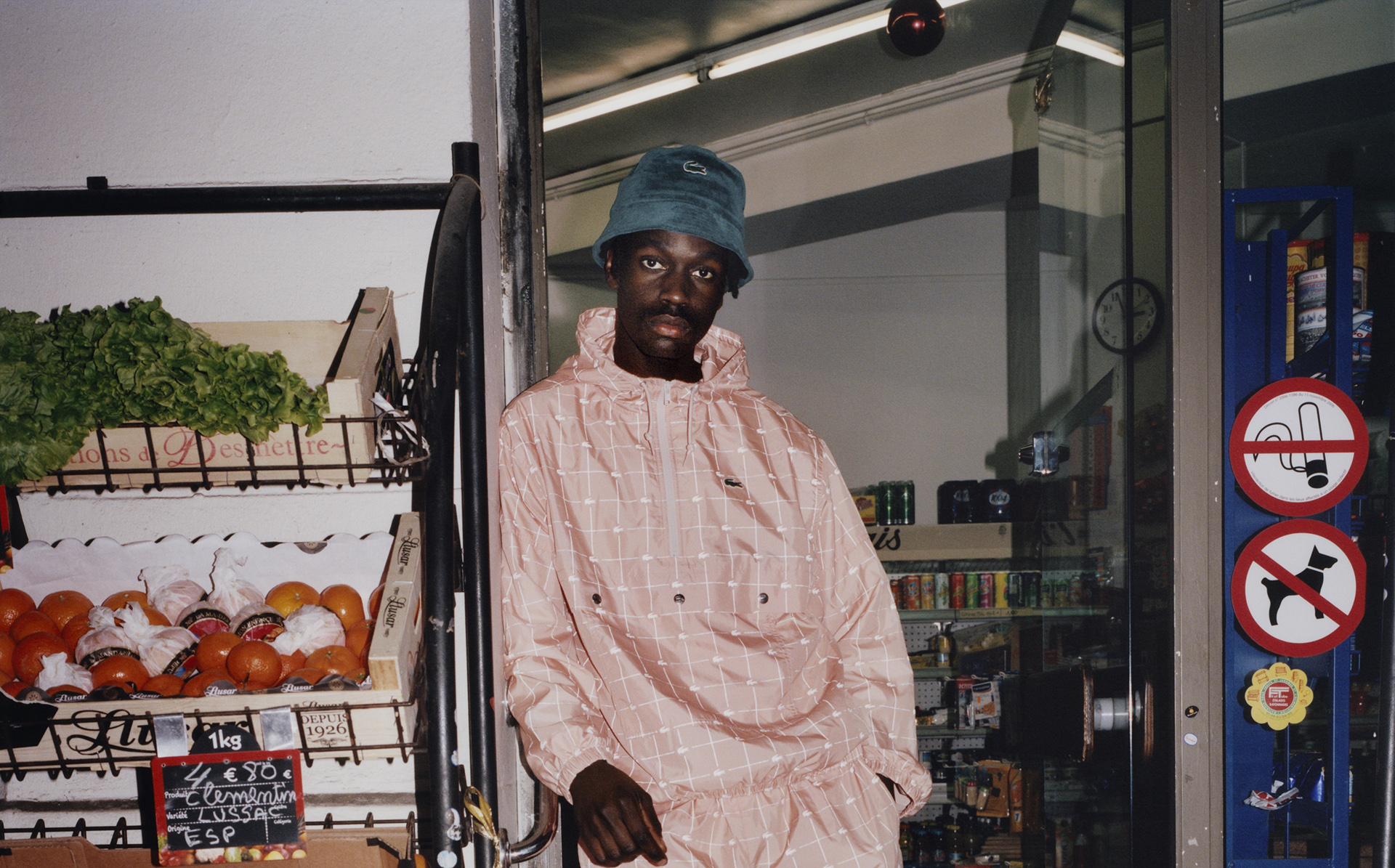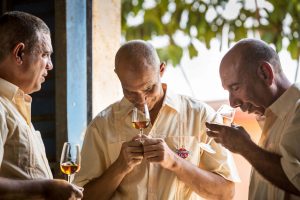I wouldn’t say that I’ve been a victim of racism—to do so would belittle the true sufferings of the black community—but I have experienced racism of varying degrees on many occasions in my life. I’ve had one unprovoked physical altercation, but in the main the racism I’ve experienced falls into the categories I would describe as being blatantly vindictive, and the most common occurrence a category I call “sub-conscious” racism; people saying and assuming things based on their understandings of my race that have no bearing on me as an individual whatsoever.
At an Awards ceremony, I was once told that I looked “like someone from Crimewatch” as others stood around and laughed, nodding in concurrence. I looked around for defenders and none came; it was then it dawned on me that I was the only person of colour at the event. What made it hurt more was the fact I was wearing a tuxedo at the time. Or there was another occasion when—again dressed in black tie—I was told that the white people I was with couldn’t possibly like me because I was black, and they were just pretending to. And the time when reviewing a luxury car, I was told that “Black people shouldn’t drive new cars, they only deserve old ones” —I paraphrased somewhat to keep it clean. I could go on, but you get the idea.

However, I wouldn’t I say felt like a victim, I’ve never really seen myself in that narrative.
That is something engrained in me by my upbringing. From a young age I was surrounded by strong black figures, successful, bold, unapologetic and knew before the age of 10 that—for me—leaving the education system with anything but a University degree was failure. But my family’s story didn’t start like that.
I currently live in the UK, but my father was born in the 1940s at a village in the Volta region in Accra, Ghana. As often happened back then, he started attending school at an older age and hence was essentially 5 years behind. His teacher said he showed good aptitude and managed to convince my dad’s brother to let him go to secondary school—he was the first in his family to do so. My father was mainly provided for by his brother as both his parents had passed away by the time he was 17, and his father died when he was aged 10, so it was up to his brother to source the funds that would enable him to go. Despite that lack, my father managed to get by on scholarships, from school to school, until he eventually earned a place to study medicine at University—again via scholarship. He qualified as a doctor, and since then many others from his village have followed his same path into medicine, with the help of himself and other benefactors. So you see, as far as I saw it, in life I had no excuses, the standard had been set.
When reminiscing about his life journey, my father sometimes recalls the moment when Muhammad Ali visited Accra in 1964. As an honour student, he got to meet the legendary boxer in person and was wax lyrical about how inspirational that was for him, the kids and the African community at the time.
I’ve heard that story a few times, but it’s only recently the cyclical nature of it all really dawned on me; the true influence of the race battles in the USA on the black community in Africa and the rest of the world.
Black people left as slaves from Ghana to the USA, and having earned their freedom—literally through blood, sweat and tears—now come back to Africa as heroic conquerors, inspiring the rest of the continent. The truth is, the race battles in the USA are actually being fought on behalf world not just their country. Their aggressive march towards racial freedom is the reason so many of us around the world today are able to enjoy a more liberal black culture and, albeit it to varying degrees, far-reaching acceptance across the globe.
So whatever stage we feel we’re at in any black community around the world—even in Africa—it’s important that we stand with them. They fight the battle we don’t have to so we can experience the freedom they may never get to. It’s important that we all pick up the baton and run the next leg of the race. This doesn’t mean re-treading old narratives, but rather stepping forward and leaving archaic messaging like the “N“ word behind.
We need to empower the next generation with pervasive forward reaching ideals; it’s less a focus on how black people were perceived in the past, and more a focus on changing the narrative of black perception and increasing our societal influence to create a better future. Not just for us as black people, but through our collaborative understanding of complex interracial issues, a better future for all mankind.
#BlackLivesMatter








